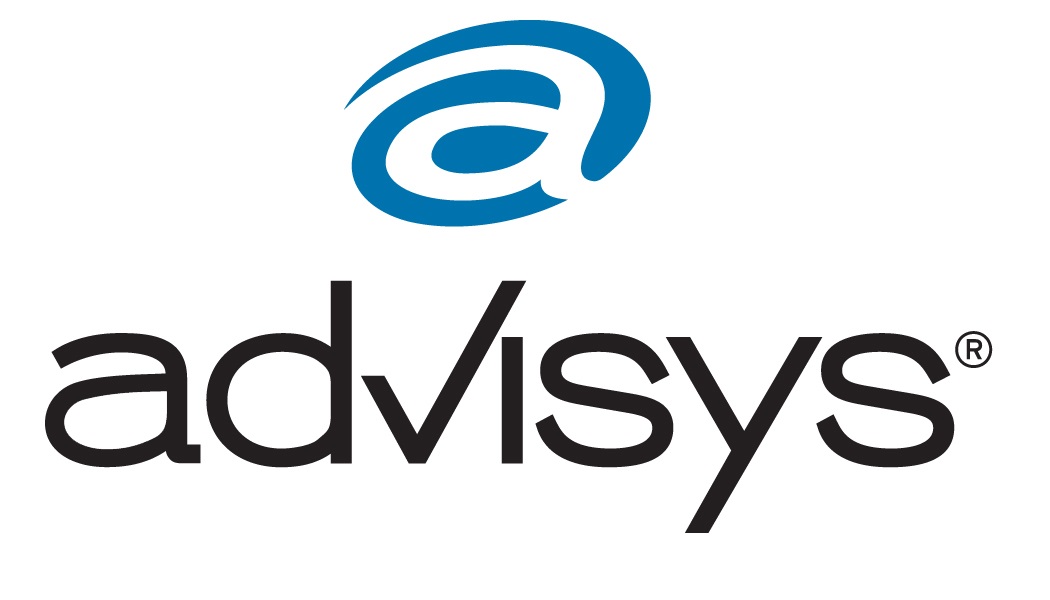The individual need for Disability Insurance
Individual Disability Insurance is a viable option instead of employer group disability or Social Security.
Many people believe that their biggest asset is their home. For most of us, our biggest asset is the ability to work and earn an income. Not being able to work – due to a job loss or a disability having taken away the ability to work – is often financially devastating.
Everyone who works for a living is familiar with what can happen if they lose their job. On the other hand, the possibility of a serious disability is a risk few seem to consider. How likely is that you will become seriously disabled? According to one study, 30% of all Americans between the ages of 35 and 65 suffered a disability lasting at least 90 days.1 The risk is real. The question is, "What to do about it?"
Don't count on Social Security
A few individuals do manage to qualify for disability benefits from Social Security. However, the Social Security definition of "disability" is so strict that, in 2020, only 33.8% of initial worker claims for Social Security disability benefits were accepted.2 Obviously, something else beyond Social Security is needed.
Group Disability Insurance
Many employers will provide – or make available – disability insurance on a group basis. However, even those who are covered by a group policy can still be at substantial risk. Employer-sponsored disability policies seldom replace more than 60% of your monthly salary. Further, many policies have a monthly maximum benefit that may be far less than what some people earn. Income taxes can also be an issue; if the employer is paying the full cost of the coverage, and not including it in the employee's income, disability benefits are fully taxable. If an employee pays for disability insurance with after-tax dollars, the benefits are received free of income tax.3
Individual Disability Income Insurance
If group coverage is not available, the solution may be individual disability income insurance. Although individual policies can cost more, as long as you pay the premiums with after-tax dollars, the benefits are not taxable. Plus, an individual policy allows you to tailor its terms to fit your own needs. When shopping for an individual disability policy, consider the following:
- Company strength: You need to know if the company is financially sound.
- Definition of disability: Look for a policy that defines disability in the broadest terms possible. Some policies will permit you to work in a different occupation and still collect disability benefits.
- Elimination period: How long must you wait before disability payments begin?
- Benefit period: How long will you need coverage? Both short-term and long-term disability benefits are available.
- Inflation protection: Try to find a policy that adjusts benefits for inflation.
1Return to reference Based upon the 1985 Commissioners' Individual Disability Table.
2Return to reference Annual Statistical Report on the Social Security Disability Insurance Program, 2021, October 2022. Table 61, Medical Decisions at the initial adjudicative level, by year of application and program, all decisions; workers in 2020.
3Return to reference The discussion here concerns federal income tax law only. State or local law may vary.




